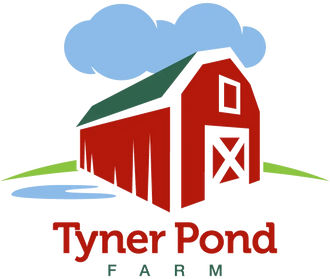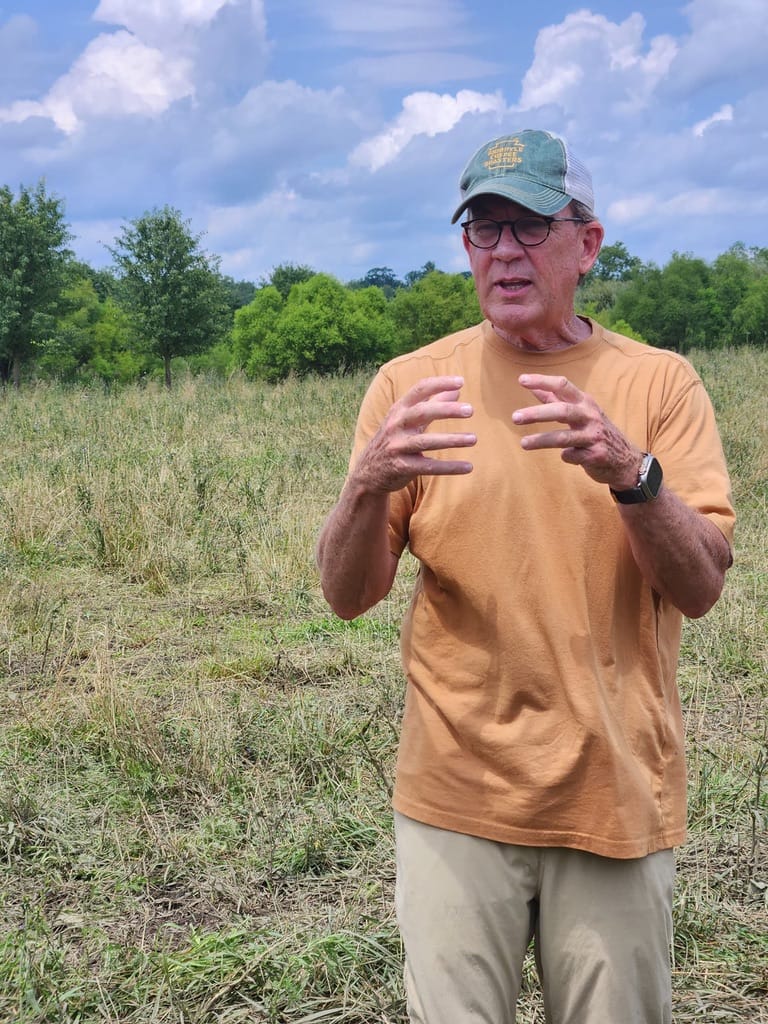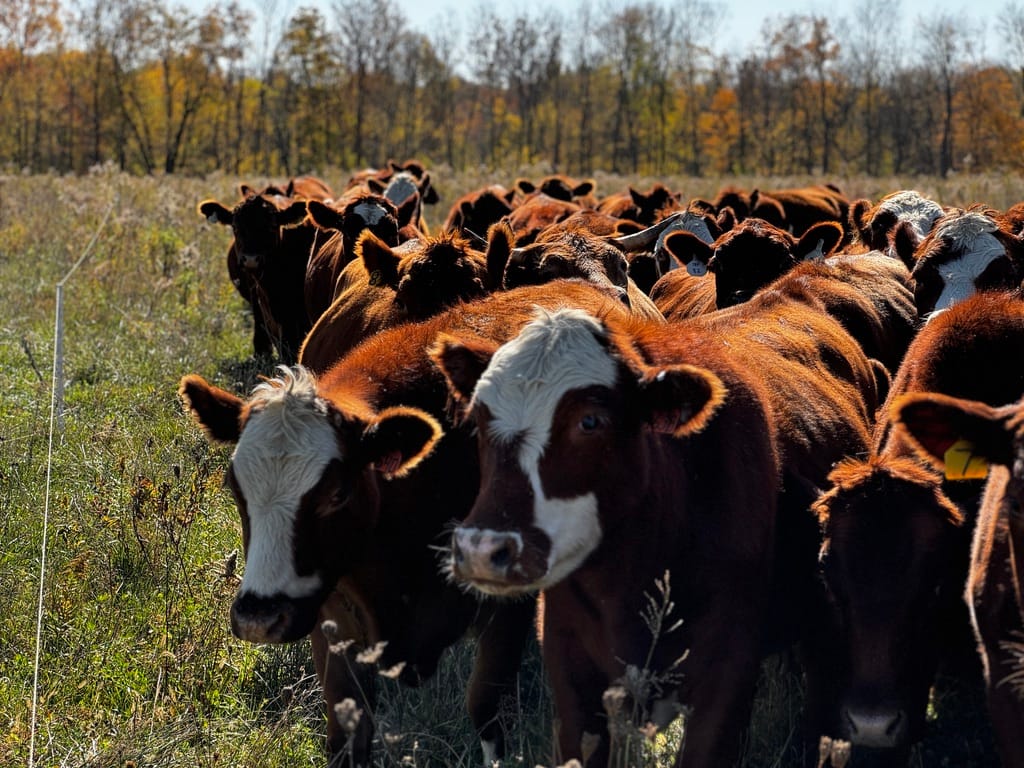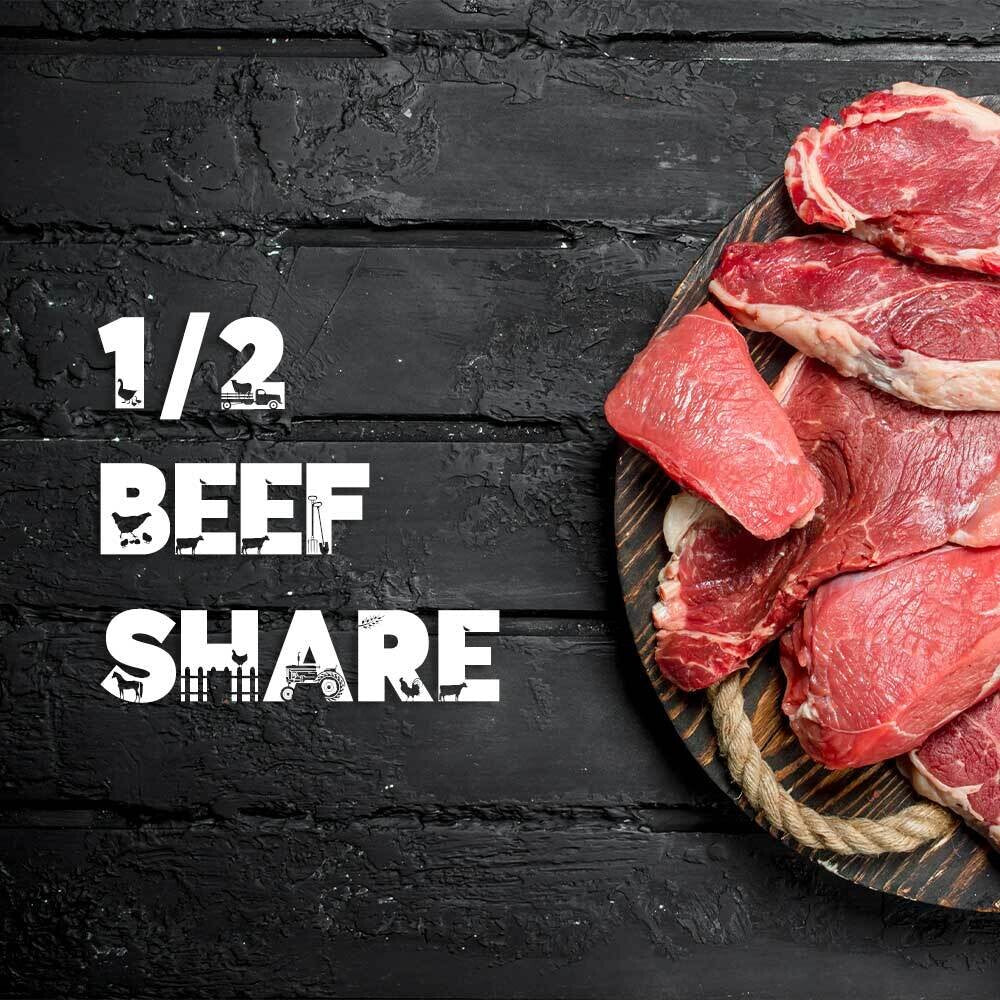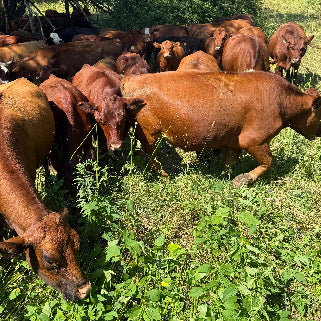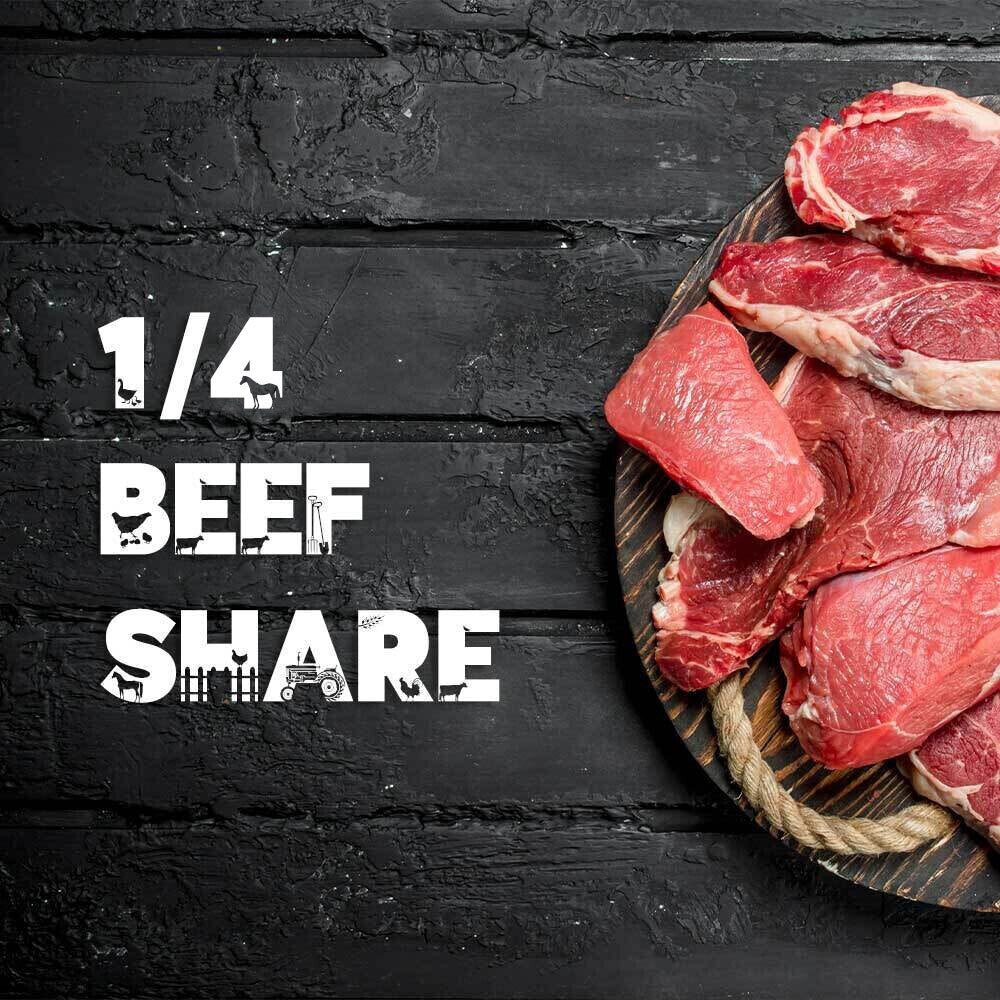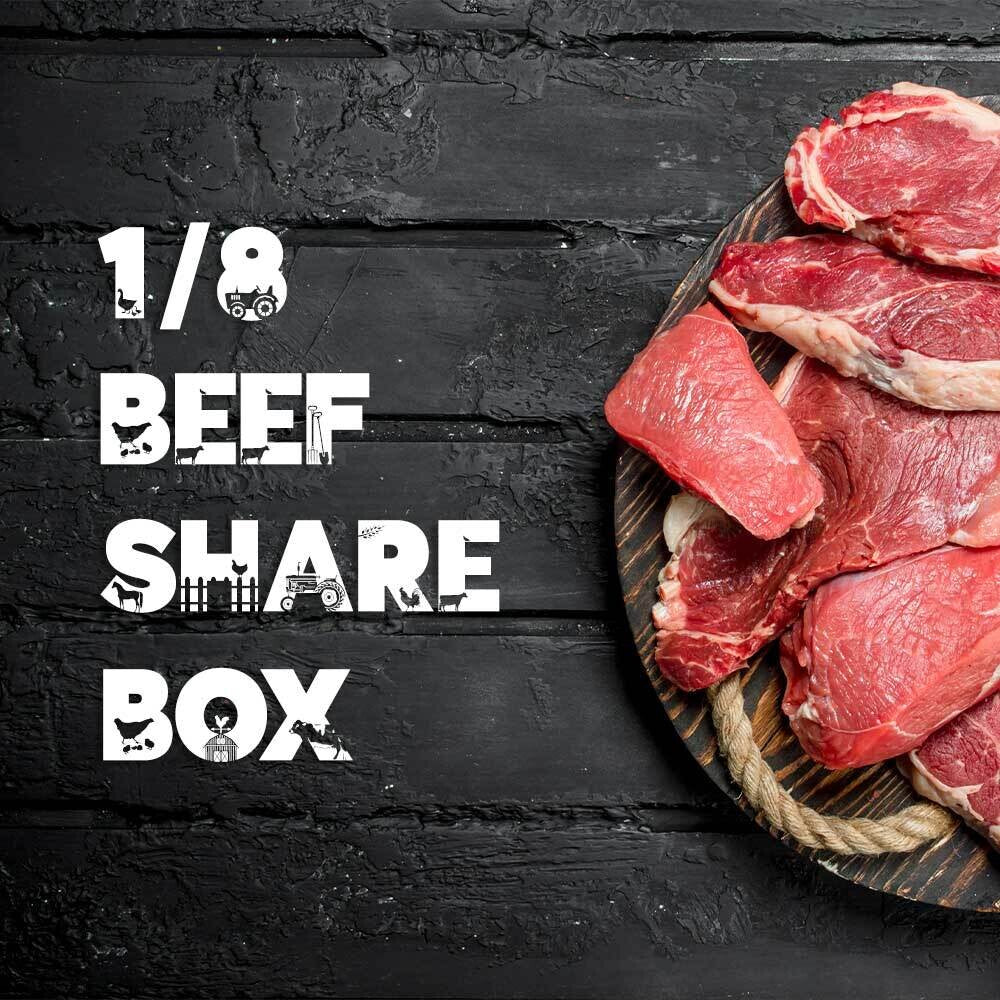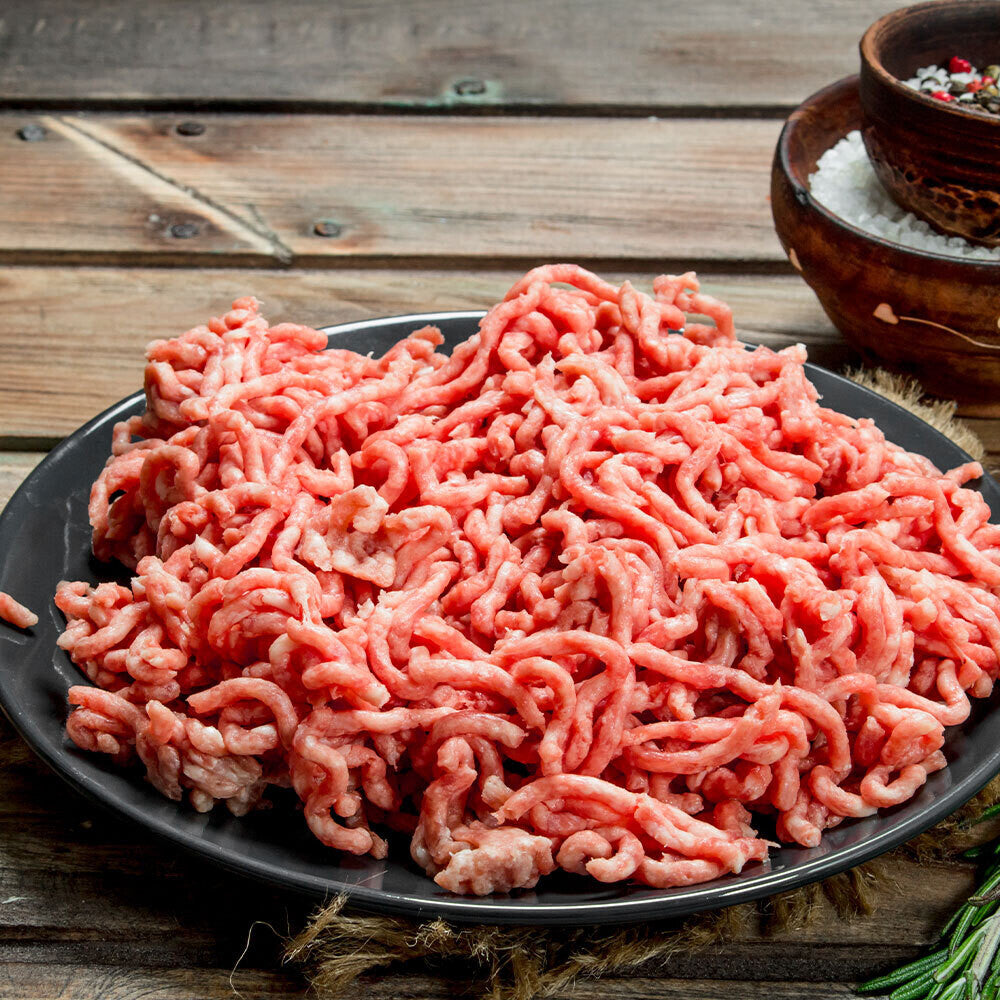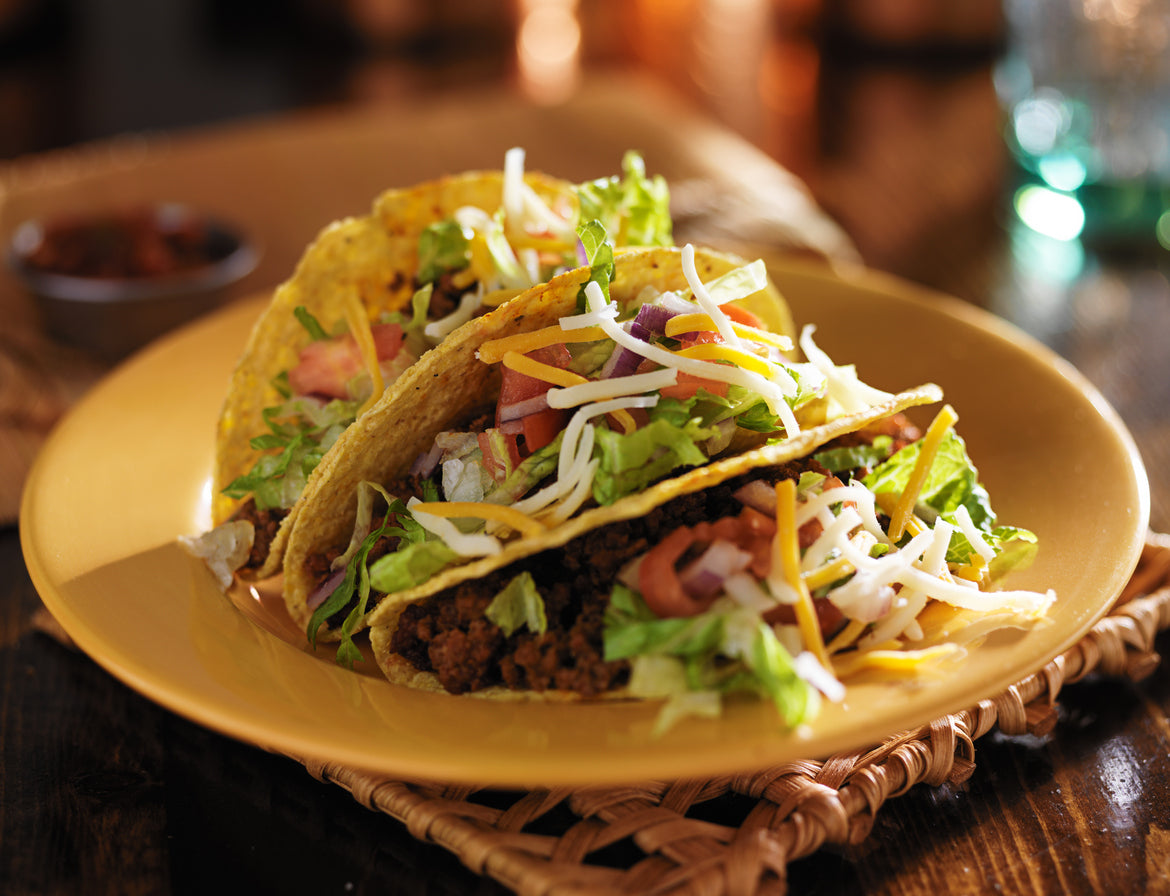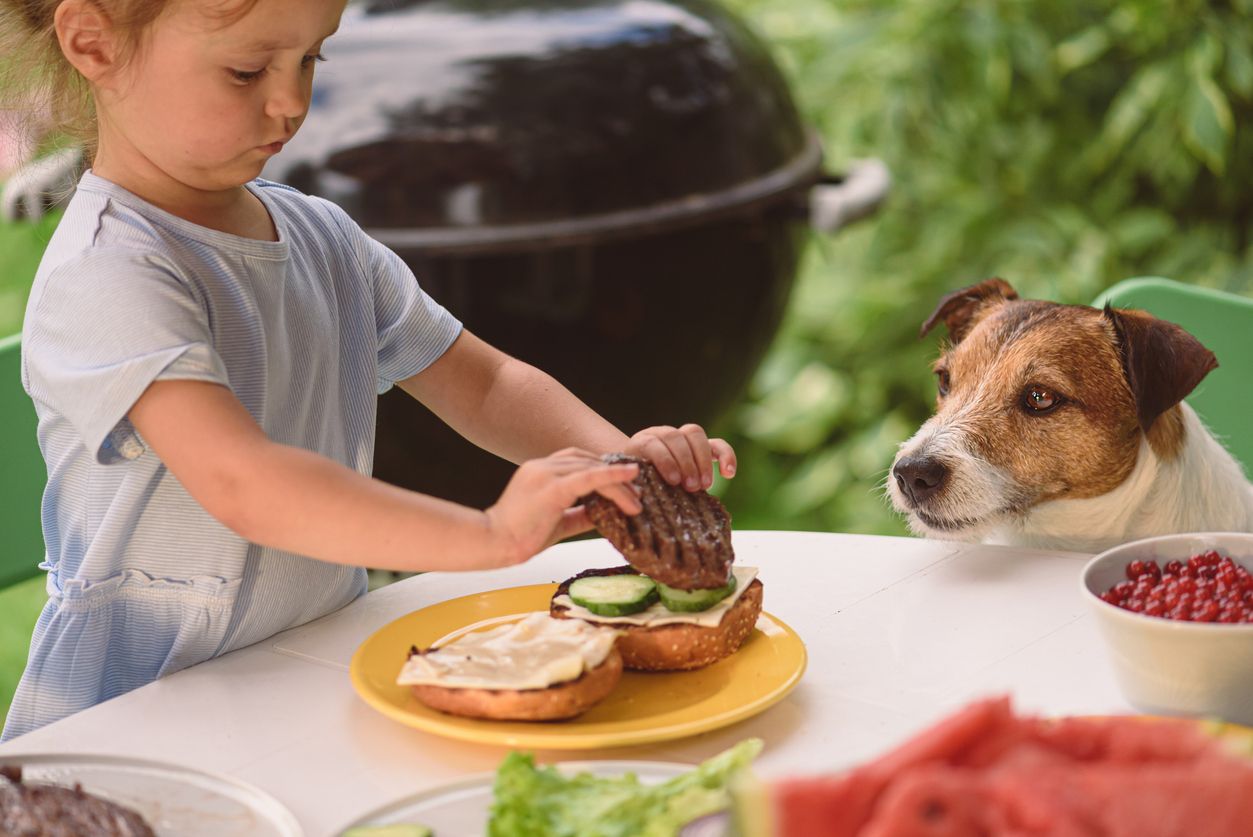
The Nutrient Density and Value of Our Whole Pasture-Raised Chickens
At Tyner Pond Farm, we take pride in providing you with pasture-raised chickens that are not only ethically raised but also nutritionally superior to their confinement-raised counterparts. Choosing a whole pasture-raised chicken from our farm is an investment in your health and a sustainable food system. Let’s explore the nutrient density of our chickens and the many ways you can make the most of a whole bird.
 Sharing my favorite daily habit—homemade bone broth from our pasture-raised chickens, packed with nutrients for optimal health.
Sharing my favorite daily habit—homemade bone broth from our pasture-raised chickens, packed with nutrients for optimal health.
Nutrient Density: Pasture-Raised vs. Confinement-Raised Chickens
Pasture-raised chickens offer a variety of health benefits that you simply won’t find in conventionally raised, confinement chickens:- Higher Levels of Omega-3 Fatty Acids: Our chickens have access to fresh pasture, insects, and forage, which naturally boosts their omega-3 levels. Omega-3s are crucial for heart health and inflammation management, and pasture-raised poultry can contain significantly more omega-3s than confinement-raised birds.
- Increased Vitamins and Minerals: Pasture-raised chickens tend to have higher levels of vitamins like A, D, and E compared to confinement-raised chickens, which are often fed a grain-heavy diet and lack the exposure to sunlight and foraging opportunities that contribute to a richer nutrient profile.
- Improved Antioxidant Content: With access to fresh grasses and a varied diet, our pasture-raised chickens have higher levels of antioxidants like carotenoids, which support overall immune function and health. Conventional chickens raised in confinement often miss out on these benefits.
Making the Most of a Whole Chicken: Nose-to-Tail Utilization
Buying a whole chicken isn’t just about roasting a bird for dinner; it’s an opportunity to maximize nutrition and minimize waste. Here are some of the many ways you can utilize a whole pasture-raised chicken: Roast Chicken: A simple roast chicken is a classic and easy way to enjoy the flavor and nutrient density of our pasture-raised poultry. Roasting the bird whole retains its natural juices and allows for crispy skin, which contains healthy fats. Leftover Meals: Once you’ve enjoyed your roast chicken, the leftovers can be transformed into additional meals. Think chicken salads, soups, stir-fries, or even low-carb lettuce wraps. The versatility of chicken makes it easy to incorporate into various dishes throughout the week. Bone Broth and Stock: Don’t throw away the bones! One of the most valuable aspects of buying a whole chicken is the ability to make nutrient-rich bone broth. Simmering the bones for several hours (with apple cider vinegar to extract the minerals) provides a stock that is packed with collagen, gelatin, and minerals that support gut health, joint health, and overall well-being. You can use this broth as a base for soups, stews, or even sip it on its own as a warm, nourishing drink. Sharing my favorite daily habit—homemade bone broth from our pasture-raised chickens, packed with nutrients for optimal health.
Sharing my favorite daily habit—homemade bone broth from our pasture-raised chickens, packed with nutrients for optimal health.
Why Choose Tyner Pond Farm's Pasture-Raised Whole Chickens?
By choosing a whole pasture-raised chicken from Tyner Pond Farm, you’re getting more than just a meal; you’re investing in quality, nutrition, and sustainable farming practices. Our chickens are raised with care, allowed to forage freely, and moved to fresh pasture regularly, which not only benefits the animals but also contributes to regenerating the soil. Whether you’re roasting a bird for Sunday dinner or using every part of the chicken to create nutrient-rich meals throughout the week, a whole pasture-raised chicken is a valuable addition to your kitchen that supports both your health and the environment.
Tags:
Previous post
Homemade Yogurt Ranch Dressing
Next post
